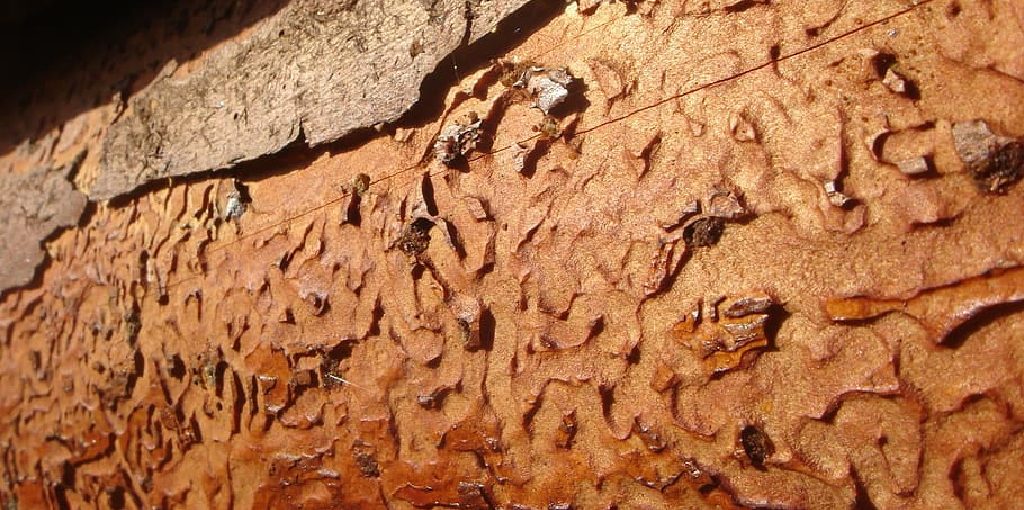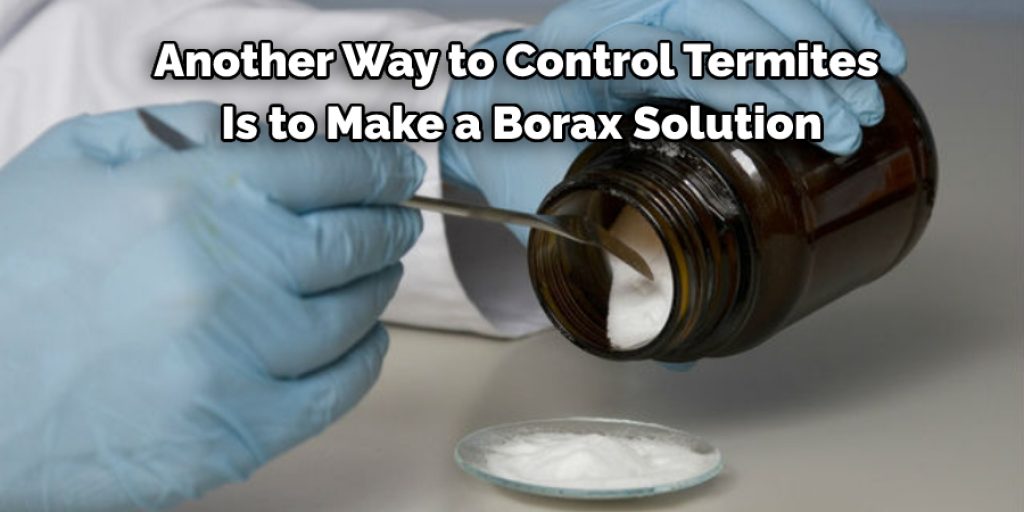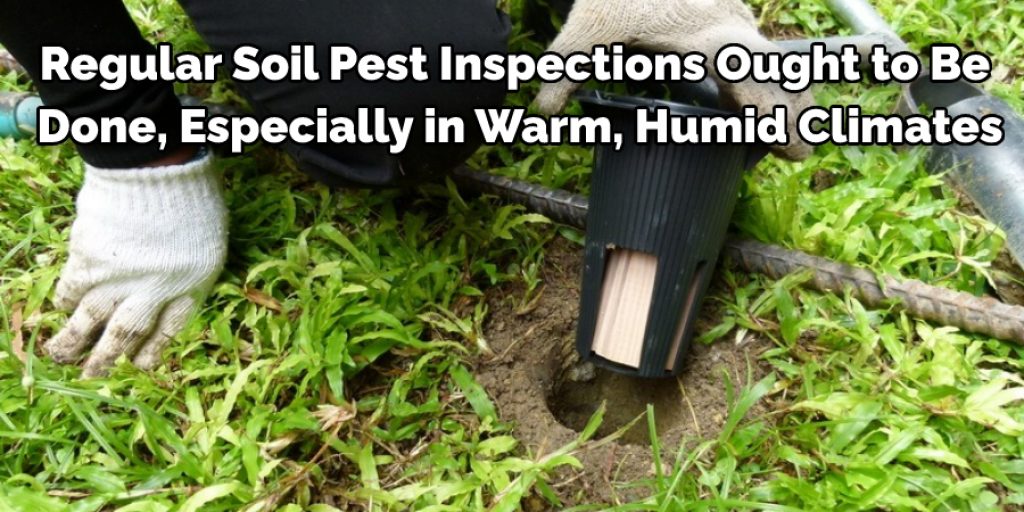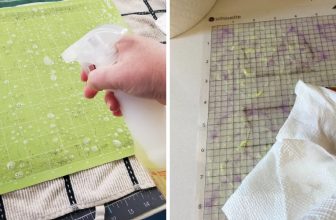How to Control Termites in Lawn
Termites can be a huge annoyance and, if left untreated, could lead to major structural damage. This is why it’s important to know how to control termites in lawns, which we will cover below.
The first step is learning more about termite identification, their appearance, and where they live. Termites that are on the ground leave behind fecal pellets that resemble coffee grounds.
You may also see them outside of your home or around windowsills as well as any other area on the exterior walls of your home.
As for nests, you’ll find them on rotting wood near trees or under houses with sagging floors or decks because these conditions provide an ideal habitat for their preferred diet of a cellulose material such as paper and wood. Continue reading this full blog post to learn more about controlling termites on lawns.

10 Remedies from Termites: How to Control Termites in Lawn
There are several natural ways to kill termites. These natural remedies can be used safely near pets, lawns, and vegetation, so it is good to know about them. A list of 10 remedies for killing termites has been given below:
1. Boiling Water:
One of the best ways to naturally control termites that attack your garden vegetation is to pour boiling water on them. This will kill most insects, making it an easy way to control these pests.
2. Petroleum jelly or Vaseline:
If there is a mound of termites in your backyard, you can use petroleum jelly to kill them. Dig a hole and fill it up with Vaseline. Termites will be attracted to this and will die when they come in contact with it.
3. Boric Acid:
A simple way to control these creatures is to mix borax with sugar or syrup. However, the sweet mixture will attract termites and eat it up, dying in the process. You can also use boric acid powder to kill them.
Spread this around the mound because termites are known to travel underground through tunnels. However, if you have pets or children, do not use poison to get rid of these pests.
4. Borax Solution:

Another way to control termites is to make a borax solution and pour it into the mound of termites. This will kill most of them, but some might survive. You can then use poison baits in that area or dig up the entire mound and replace the soil with fresh soil.
5. Diatomaceous Earth:
Diatomaceous earth is actually fossilized microscopic aquatic organisms. It can be found easily in gardening stores or online, and it acts as an abrasive when mixed with termites. However, do not breathe this dust in because it contains tiny needle-like pieces that can puncture the lungs if inhaled.
6. Drying Agent:
To survive, termites require a high humidity level, so they avoid dry areas. You can make a non-toxic drying agent by mixing borax and flour in equal parts and leaving it near the termite mound.
The ants will come out of their tunnels because of the water in borax and eat the flour, which has a dehydrating effect. In this way, you can use termites to kill other termites. However, do not place it near your home because there is a risk of ant bites.
7. Orange Oil:
Orange oil is an effective natural remedy for killing these insects. It can be used in two ways. The first is to mix liquid orange oil with water and spray the liquid on plants susceptible to termite attacks.
Another way is to place orange peels near the termite mound. Unfortunately, this will attract ants because of the sugar content, and they will eat up the acid in oranges, eventually killing them.
8. Tobacco Spray:
Mix tobacco with water and spray the solution on plants that are prone to termite attacks. This will be a natural remedy for killing these creatures without harming your children or pets. However, do not use these near vegetables that you intend to eat because they can be dangerous if ingested by mistake.
9. Toothpaste:
Toothpaste contains chemicals that will kill termites when they come in contact with it. However, use a small amount of toothpaste and do not keep it near children or pets because ingestion can harm them. You can apply this remedy by gently squishing a tube onto the termite mound so that the toothpaste oozes out.
10. Wood Ash:
Wood ash can be used as an eco-friendly remedy for killing termites. It has toxic chemicals that will kill them without harming your family or pets because it is non-toxic when mixed with soil, but do not place wood ash near vegetation you intend to eat because it can be harmful if ingested.
Preventive Measures to Take for Controlling Termites in the Future:

One should be constantly vigilant about termite problems. Here are some preventive measures to take:
1. Regular soil pest inspections should be done, especially in warm, humid climates.
2. Check for wood-to-soil contact on the exterior of homes, decks, and porches since this is a common shelter for insects after they have left the soil.
3. Fix all plumbing penetrations to prevent them from entering the structure through these openings.
4. Non-pressure treated wood should be avoided since it is susceptible to termite attack. Pressure-treating may not always work, so if you install any fence or deck, use pressure-treated wood labeled for exterior use.
5. Keep firewood piles away from the house and elevate them off the ground if possible. Also, ensure that mud tubes are removed from branches of trees or fence posts, which may serve as a harborage for termites even when not feeding on wood.
6. Make sure there is no mulch against your home’s foundation.
7. Make sure your soil is not too moist or too dry, as this will attract termites.
8. If possible, install physical barriers or mesh screens between the soil and foundation of homes built on piers or slab foundations. This will prevent termite entry into the home’s basement area by blocking any existing openings that may be present.
Conclusion:
Termite control is difficult, but it’s important to remember that you need the right treatment plan.
Several treatments are available, and they all work differently depending on what type of termite infestation you have. For example, some products only kill off white ants, while others handle subterranean and dry wood pests.
When considering your options for termiticide or other forms of pest management, be sure to consider any existing lawn damage and how much time you want to spend outside this summer.
If you’re looking for more information on how to control termites on lawns and from invading your property, we recommend the following resources in this blog post.
You May Read Our Another Blog On – How Hot Does Water Have to Be to Kill Weeds




